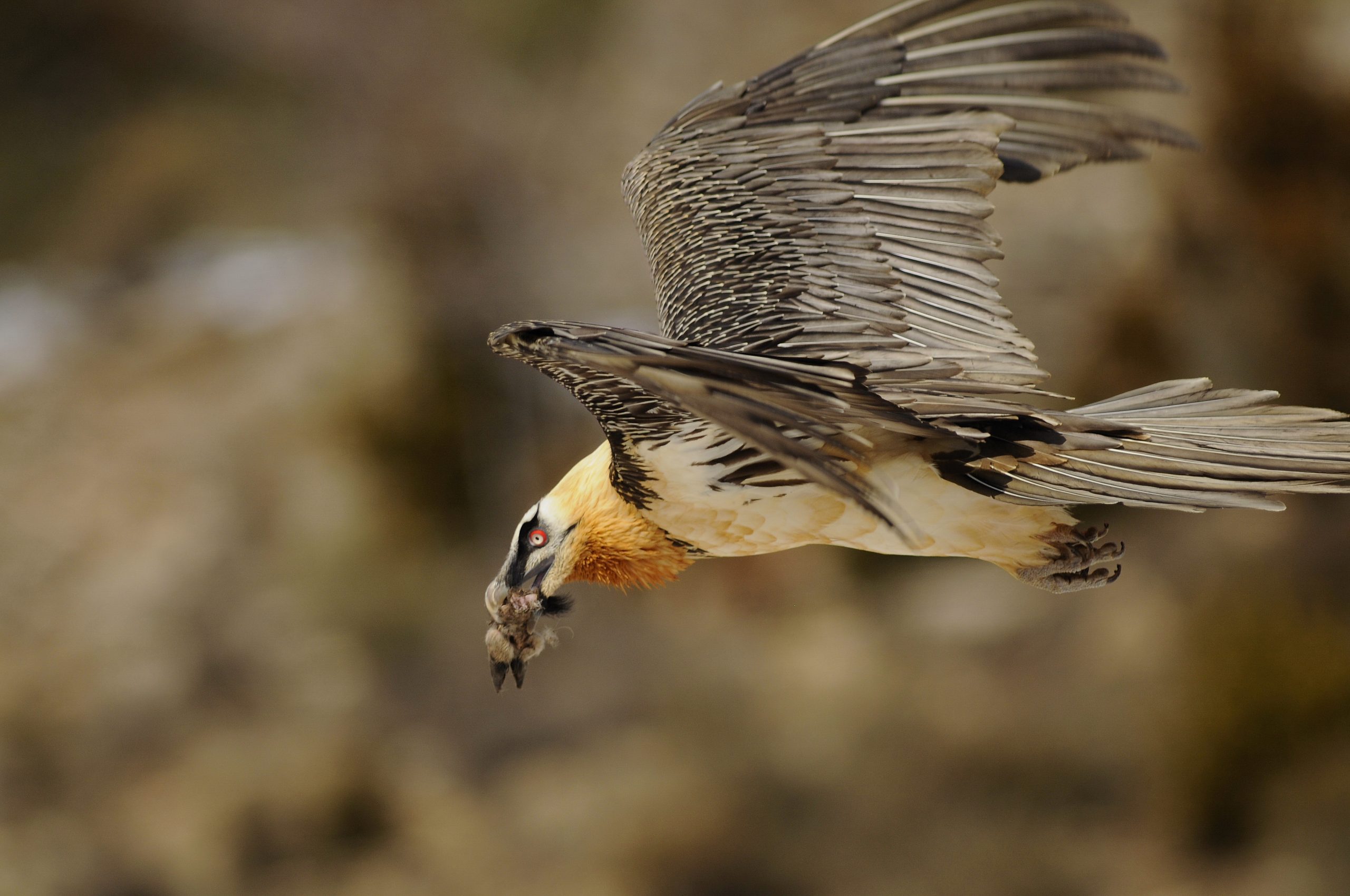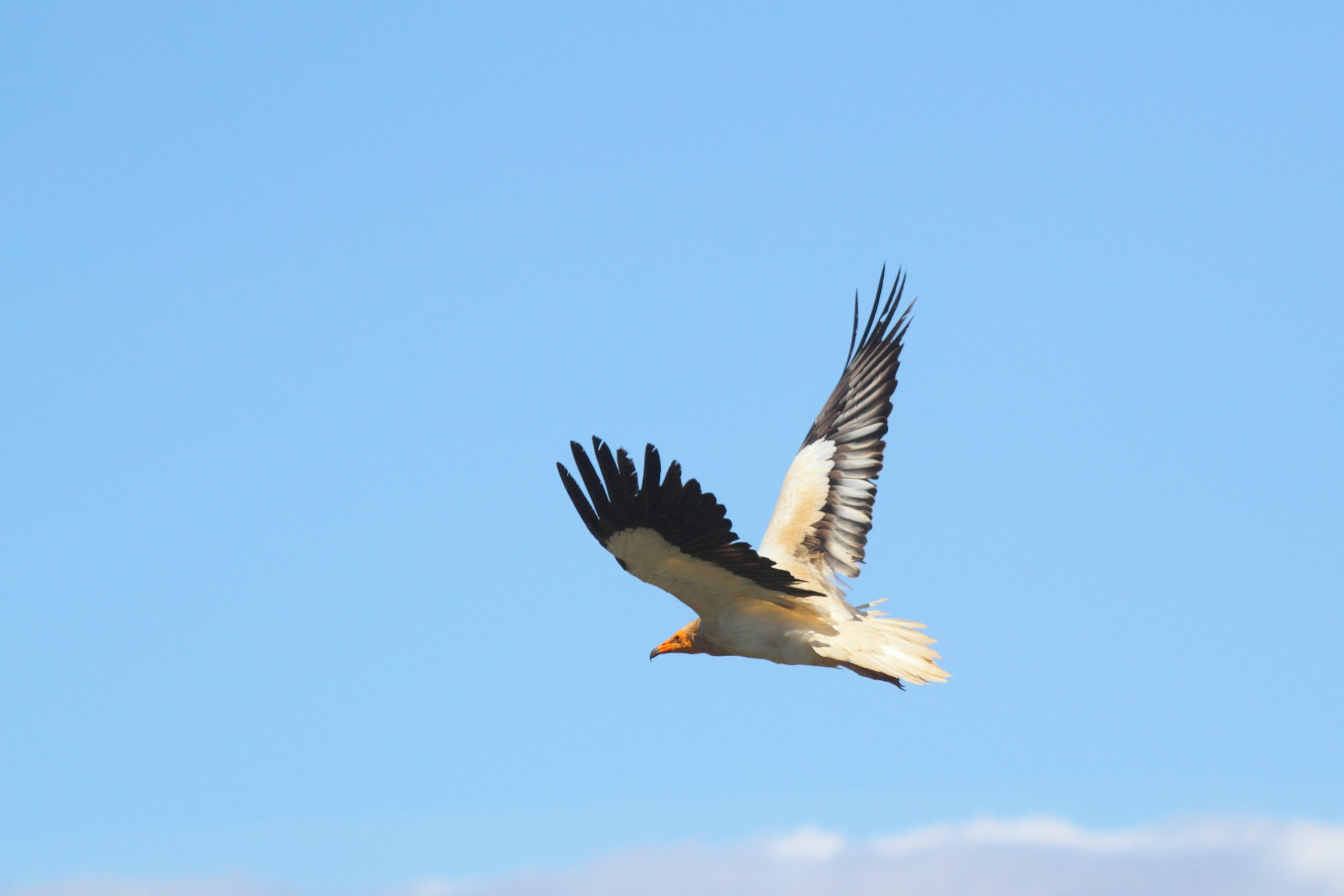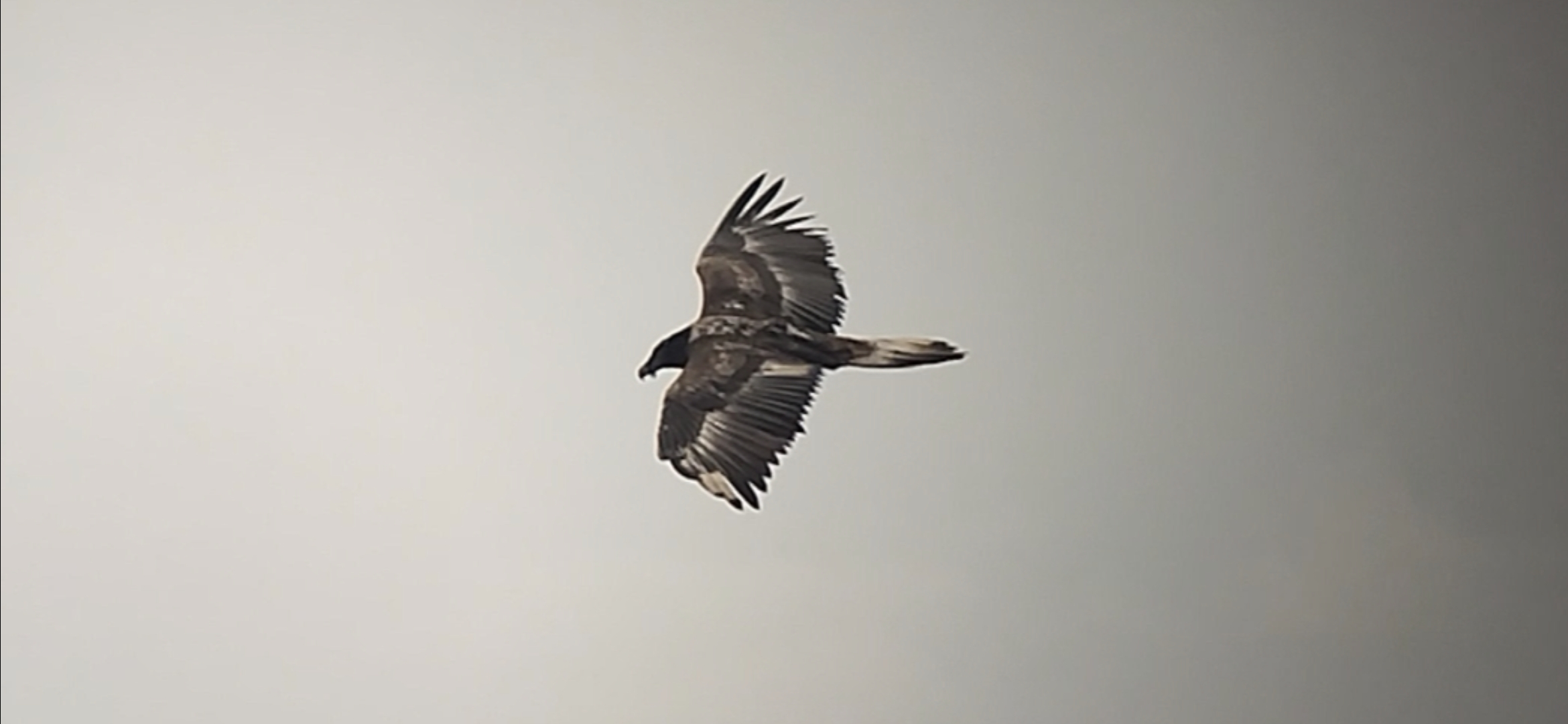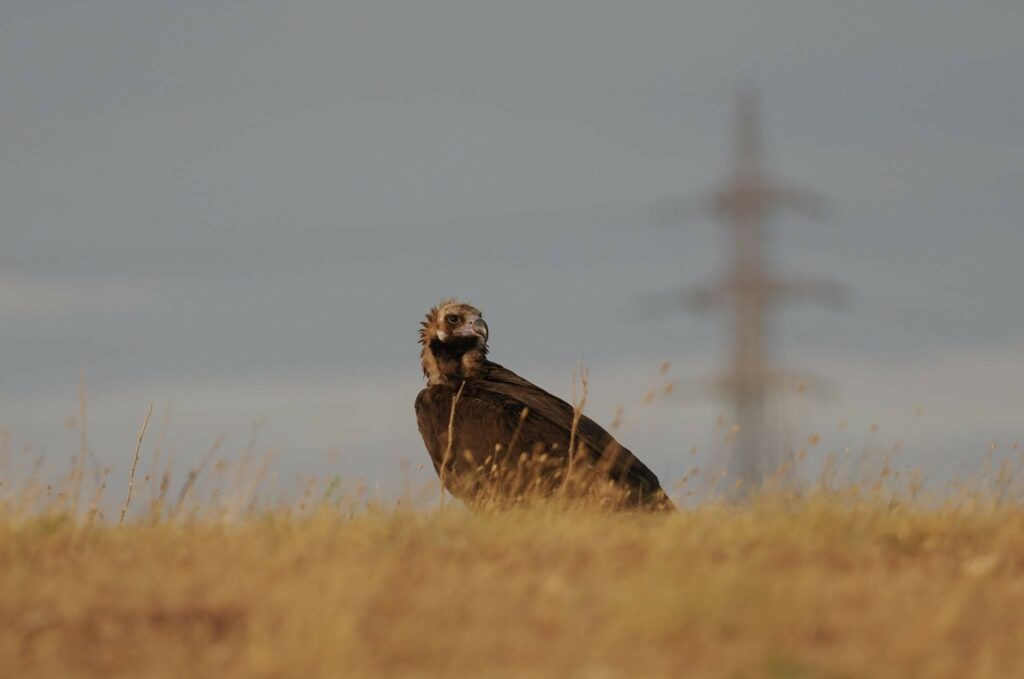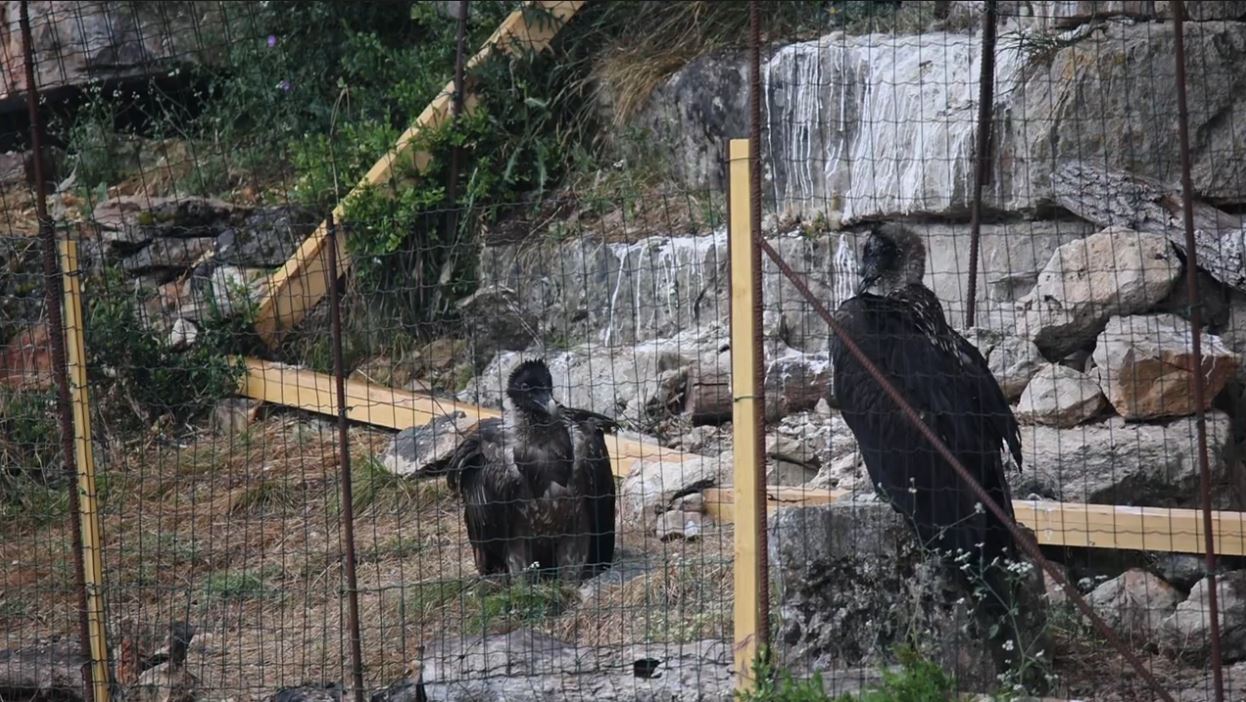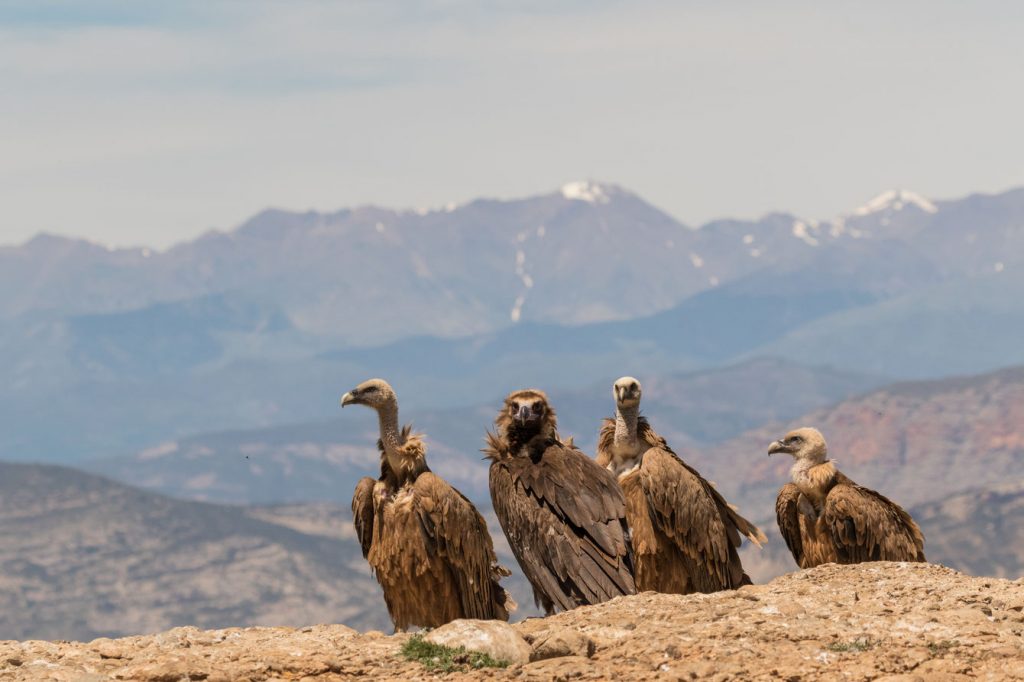
How do vultures contribute to our environmentfor a healthy environment? To celebrate World Environment Day, we are taking the opportunity to raise awareness about the vital role vultures play for a healthy environment.
Vultures have a bad reputation. With their perceived ‘ugliness’ and scavenging behaviour, vultures are easy to defame. Even naturalist Charles Darwin described them as ‘disgusting’. But when you look more closely, you’ll realise the world is better off with vultures.
Why do we need vultures?
Vultures are often overlooked and perceived as lowly scavengers, but they play a crucial role in the environments in which they live. These scavengers do the dirty work of cleaning up after death, helping to keep ecosystems healthy and prevent the spread of disease.
Vultures have an extremely corrosive stomach acid that allows them to consume rotting animal corpses. These scavenged leftovers are often infected with anthrax, botulinum toxins and rabies that would otherwise kill other animals. Therefore, when vultures consume carcasses, they keep diseases in check.
The importance of these magnificent birds is only truly felt when they suddenly disappear from an ecosystem. When vulture populations crashed in India as a result of feeding on the remains of animals that were treated with the veterinary drug diclofenac, the impacts nearly caused a public health catastrophe. The feral dog population leapt by 7 million, to 29 million animals over 11 years and generated an additional 38.5 million additional dog bites. It’s believed as a result of these bites that deaths from rabies increased by nearly 50,000 in that time costing the Indian government $34 billion to fight the spread of the disease.
The work of vultures is what is often referred to as ecosystem services, and this example from Spain illustrates the benefit the people receive from these birds, often without even realising.
What caused the decline of vultures?
The four vulture species found in Europe – bearded, cinereous, griffon and Egyptian — were among the most common breeding birds in central and southern Europe two decades ago. Today, their numbers have plummeted in most countries due to various threats. Threats responsible include persecution, poisoning, electrocution, habitat loss and decline in food availability.
Egyptian vulture, Griffon vulture, Bearded vulture and Cinereous vulture (l-r) (c) Bruno Berthemy
We, the Vulture Conservation Foundation (VCF) and our partners, are fighting to secure their survival. We are working across Europe to protect and restore the bearded, griffon, cinereous and Egyptian vultures to their former range across the continent. This work involves coordinating the Bearded Vulture Captive Breeding Network to release birds into the wild in several reintroduction projects, fight against illegal wildlife poisoning such as the #BalkansAgainstPoisoning – Balkan Anti-Poisoning Project, use technology to track the movements of birds to help the most effective conservation measures to take, and reintroduce birds to areas where they have disappeared.
Follow us on Facebook and Twitter to stay up to date with vulture news in Europe.
